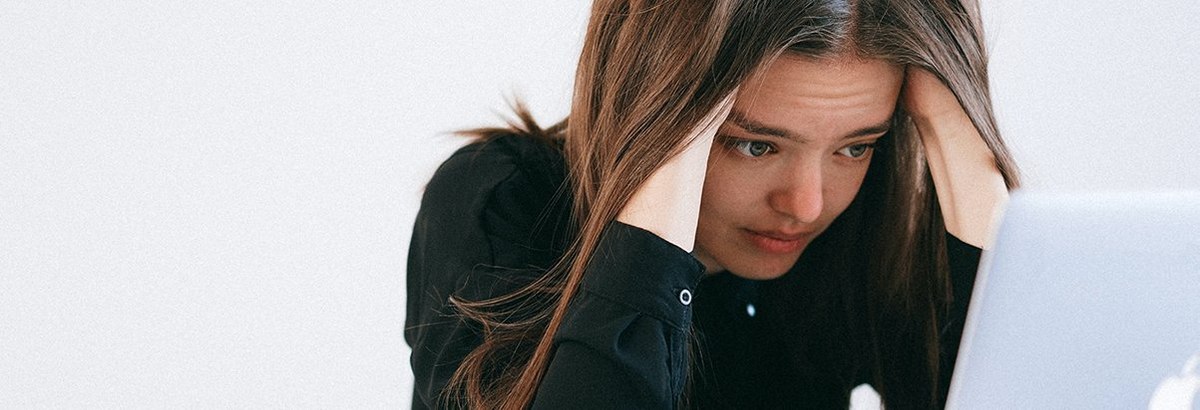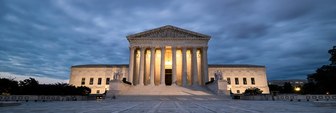The jobless rate continues to decline in the United States, but Americans in a recent Economist/YouGov poll are not at all confident in the continuing health of the U.S. economy.
The July report, released last Friday, showed a 0.5-point drop to 5.4%, the lowest rate since the beginning of the pandemic in early 2020. For many, unemployment is still a concern, but inflation has emerged as a worry. The Consumer Price Index, a measure of inflation, has jumped 5.4% in the last year, the largest jump since 2008. The greatest price increase was in energy costs (including gasoline).
For many Americans today, prices of goods and services (40%) say more about the health of the economy than jobs do (24%) – at least for now when the jobless rate is declining. Democrats are closely divided (34% say unemployment is the best measure, 30% say prices), but Independents and Republicans prioritize prices over unemployment. All income groups tend to cite inflation as the better measure of economic health.
While inflation has emerged as a major concern, that doesn’t mean unemployment has disappeared as a problem. One in three Americans (34%) describe unemployment as a very serious national problem; more than two-thirds (72%) say it is at least somewhat of a problem. In their own communities, somewhat fewer are concerned about joblessness, though 54% call it a very or somewhat serious problem there. Majorities in all parties, all regions, and all urban-rural locations agree.
While most of those in the workforce aren’t worried about losing their job, one in ten (10%) are very worried that could happen (another 28% are somewhat worried). Most Americans are happy with the job they have, though happiness is higher among those with higher family incomes. Slightly more than half (55%) of workers whose annual family incomes are under $50,000 say they are happy with their jobs; 71% of those with annual family incomes above $100,000 are.
When it comes to the economy overall, about three in 10 adults (28%) say it is excellent or good, while 37% consider it “fair”. Three in ten (29%) call it poor. The public gives the economy a mediocre rating even though many Americans (44%) recognize that jobs have increased since last year and many agree that worker pay has (36%), too.
Part of the problem may be that half (53%) believe the official unemployment rate undercounts unemployment.
More worrying, perhaps, is that more Americans now think the economy is getting worse (39%) than believe it is improving (21%). That pessimism was true at the beginning of the Biden Administration as the coronavirus pandemic raged, but by this March the economy appeared to be improving, with a growing percentage noting that. A reversal began in May, however, with economic negativity on the rise since that point.
Half the public (51%) expect it will take more than two years for the economy to make up all the ground lost since early 2020.
Americans expect the president to handle the economy
It is President Biden’s economy now, and he will likely get the credit or the blame for it.
Nearly all Americans (85%) expect that a president can do something about the economy, and nearly half (47%) believe he can do a lot about it. Both those who think the economy is getting better and those who say it is getting worse credit President Biden for the state of the economy, not former President Donald Trump. President Biden’s overall rating in handling jobs and the economy is mixed: in this poll, as many disapprove of his performance as disapprove.
Seven in ten (70%) view jobs and the economy as a very important issue, and for 15% it is the country’s most important issue. Just about as many people choose the economy as cite health care (15%) or climate change/environment (14%). While Democrats (14%), Republicans (13%), and Independents (13%) are equally likely to name the economy as their most important issue, their rankings of other issues are dramatically different from each other.
The chart shows the ten top choices. For Republicans the number one issue is immigration (20% list this as their top issue). For Democrats, health care (25%) and climate change (23%) are nearly tied. Independents’ two top issues are the economy (17%) and climate change (14%).
See the toplines and crosstabs from this Economist/YouGov poll
Methodology: The Economist survey was conducted by YouGov using a nationally representative sample of 1,500 US Adult Citizens interviewed online between August 7 - 10, 2021. This sample was weighted according to gender, age, race, and education based on the American Community Survey, conducted by the US Bureau of the Census, as well as 2016 Presidential vote, registration status, geographic region, and news interest. Respondents were selected from YouGov’s opt-in panel to be representative of all US citizens. The margin of error is approximately 2.8% for the overall sample.
Image: Pexels










